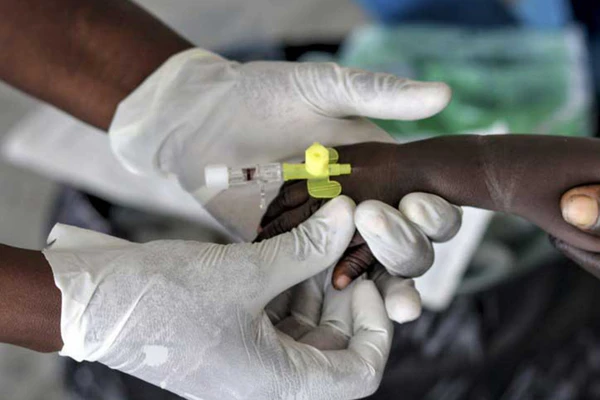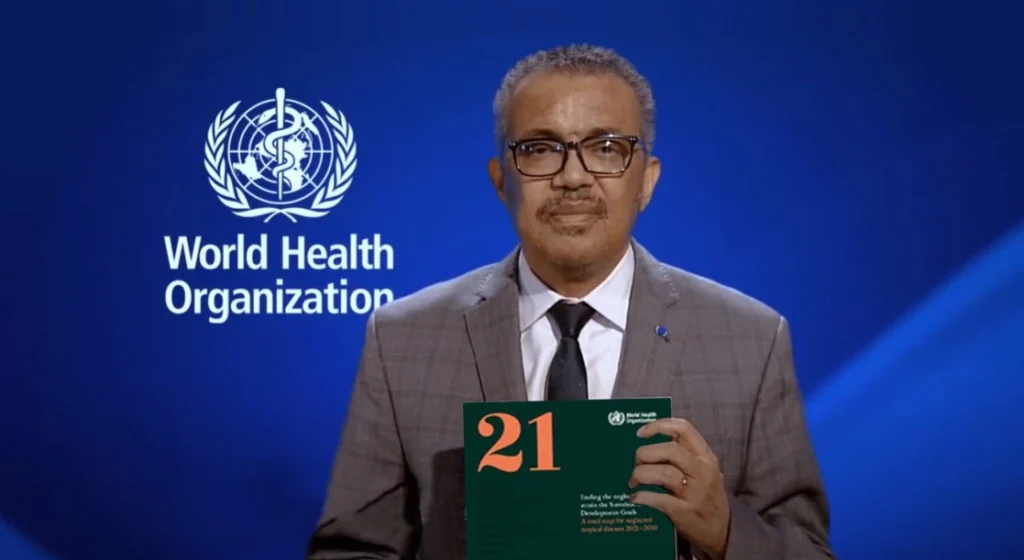The World Health Organization (WHO) released the Global Report on Neglected Tropical Diseases 2024, emphasizing strides toward the 2030 road map for NTD elimination.
About the Report:
- This is the second report monitoring advancements toward the NTD road map.
- It offers a quantitative overview of progress on all designated indicators.
- Includes qualitative insights across three key areas: programmatic action, cross-cutting approaches, and country ownership.
- Showcases successes at both regional and national levels.
Key Highlights of the Report:
- In 2023, 5 countries eradicated one NTD, while 1 country successfully eliminated two.
- A total of 50 countries have now eradicated at least one NTD.
- Record-setting 2.1 billion NTD treatments were distributed in 2023 through donation programs.
- Enhanced integration of NTD interventions into national health frameworks and essential service packages.
- The report marks Noma (cancrum oris) as a newly recognized NTD in 2023.
- 1.62 billion individuals required NTD interventions in 2022, marking a decline from earlier years yet insufficient to meet the 2030 objectives.
India Specific Findings
- 40.56% of India’s population needed interventions against NTDs in 2022.
- Historical milestones include India being declared free from dracunculiasis in 2000 and yaws in 2016.
Key Challenges:
- Post-COVID-19 recovery lags and uncertainties in funding obstruct progress.
- Geopolitical disruptions, climate change effects, and a lack of comprehensive data exacerbate challenges.
- Persistent gaps in knowledge, development tools, and R&D need addressing.
- Issues of inadequate reliable data, underdiagnosis, and under-reporting due to weak surveillance and detection systems are prominent.
- Inadequate funding and slow uptake of new interventions hinder advancements.
- High out-of-pocket costs disproportionately affect impoverished populations.
Key Recommendations:
- Advocacy for increased resource mobilization and heightened public awareness is crucial.
- Urgent need to accelerate implementation of programs, especially in regions with high disease burdens.
- Strengthening data collection and improving reporting mechanisms are essential for accurate assessments.
- Continued efforts are required for the development of innovative tools and interventions.
- NTDs should be repositioned within global health discussions, including health emergencies and pandemic prevention frameworks.
- Formulation of a detailed work plan for the period 2025–2030, specifying clear goals and timelines.
Ref: Source
| UPSC IAS Preparation Resources | |
| Current Affairs Analysis | Topperspedia |
| GS Shots | Simply Explained |
| Daily Flash Cards | Daily Quiz |



